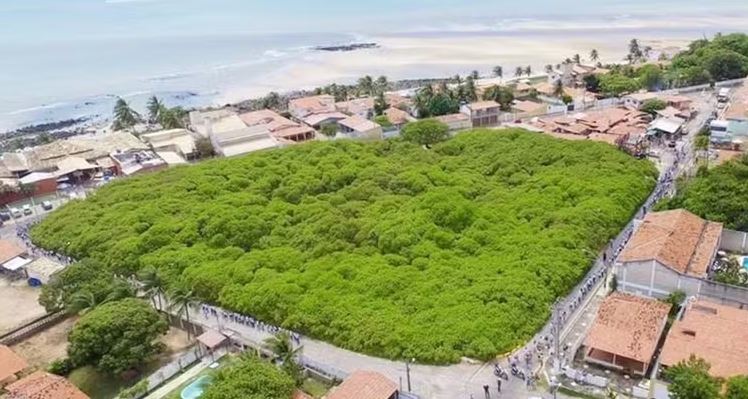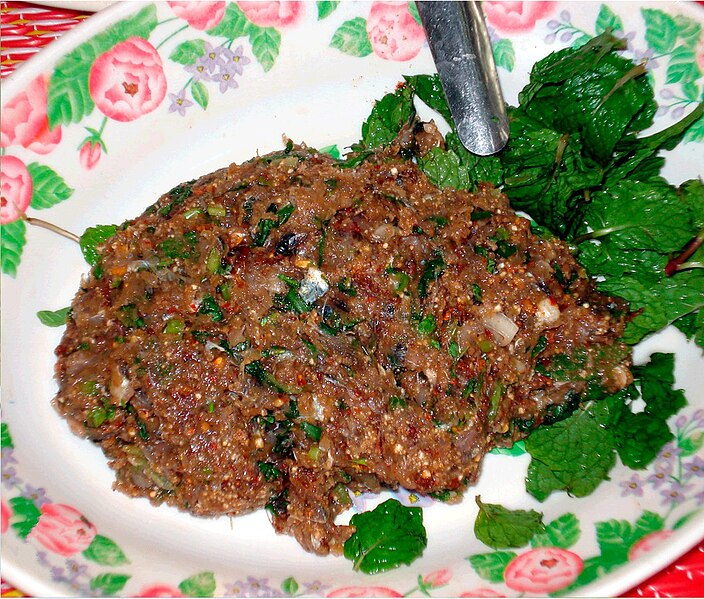Earlier this year, we posted about Bacha Posh, the little cross-dressing girls of Afghanistan who spend their childhood dressing and living as boys. But there are places in this world where women swap genders for an entire lifetime. Albania is one such place, where sworn virgins exist in accordance with their familial code of ethics called Kanun, of Leke Dukagjini.
According to the non-religious Kanun tradition, families in some parts of Albania must be both patrilineal and patrilocal. This means the family wealth is always inherited by the men, and a woman moves into her husband’s home after marriage. Marriages are arranged at a very young age, if not at birth, and once deemed eligible to marry, the woman must become a part of her husband’s family. The role of a woman is severely circumscribed, reduced to taking care of the children and maintaining a home. A woman’s life is considered to be worth only half of that of a man. For the followers of the Kanun tradition, dress is an important marker to distinguish between genders. The men wear trousers, close-fitting caps and wrist watches, while women are dressed in skirts, headscarves, aprons and sometimes even veils. That actually doesn’t sound too odd, does it? But here’s the twist – a woman can choose to become a man in a Kanun society, by simply dressing like one. So an Albanian woman who dresses like a man, is a man. A change in dress is all that’s needed for a change in gender. Born out of a social necessity, women who become men in Albania are called Virgjinesha (the sworn virgins).

Photo: Jill Peters
The process for a woman to become a Virgjinesha is actually pretty simple. All she needs to do is take a vow under the law of Kanun to become a man. And from that day on, she becomes one. She has to dress like a man, walk, talk, act and work like one. She must remain celibate all her life. She is even referred to as a ‘he’. She automatically assumes the role of the head of the family, and takes on certain important responsibilities like supervising the wealth of the family, defending the family in blood feuds and also receiving guests. The Virgjinesha becomes her family’s representative in the community. This may seem like a huge sacrifice to some, but to the women of Albania it is actually a window of opportunity – to live a life of more freedom and social mobility.

Photo: Emilie Regnier
There are a couple of conditions that need to be met, however, before a woman is permitted to become a Virgjinesha man. Either she must choose not to marry her pre-arranged husband or anyone else, or, her parents may view the transition as necessary if they have no other male heirs. While the first is mainly to avoid having an arranged marriage, the second move is to make sure that the wealth stays within the family, as only men are allowed an inheritance. But then there are always exceptions to the rule. There are those rare times when a woman will choose to become a man simply because she is more comfortable that way. Case-in-point is Lule, who at the age of 19, decided to become a Virgjinesha in spite of having a brother. Today she is responsible for a household of 10, including her brother’s children. Her family refers to her as ‘he’, and she runs a welding business while tending to the family’s lands. Her hair is cropped short; she wears trousers and a wristwatch. Of course, she will be treated like all other men if the family is ever a part of a blood feud, but that is a small price to pay in exchange for basic rights and freedom.
78-year-old Pashe Keqi, a Virgjinesha who has lost almost all traces of ever having been a woman, says that times have now changed. Having made the transition over 60 years ago, she says, “Back then, it was better to be a man because before, a woman and an animal were considered the same thing. Now, Albanian women have equal rights with men and are even more powerful, and I think today it would be fun to be a woman.” Dressed in baggy trousers, sitting with her legs open wide like a man’s and speaking in a baritone voice, Keqi says she would certainly choose womanhood had she been born in Albania today. The ritual was more prevalent in the Albania of the olden times, when it was a small nation cut-off from the rest of mainstream Europe under a Stalinist dictatorship. Today, things are different, and most girls no longer want to be boys.
Sources: The New York Times, Jolique






